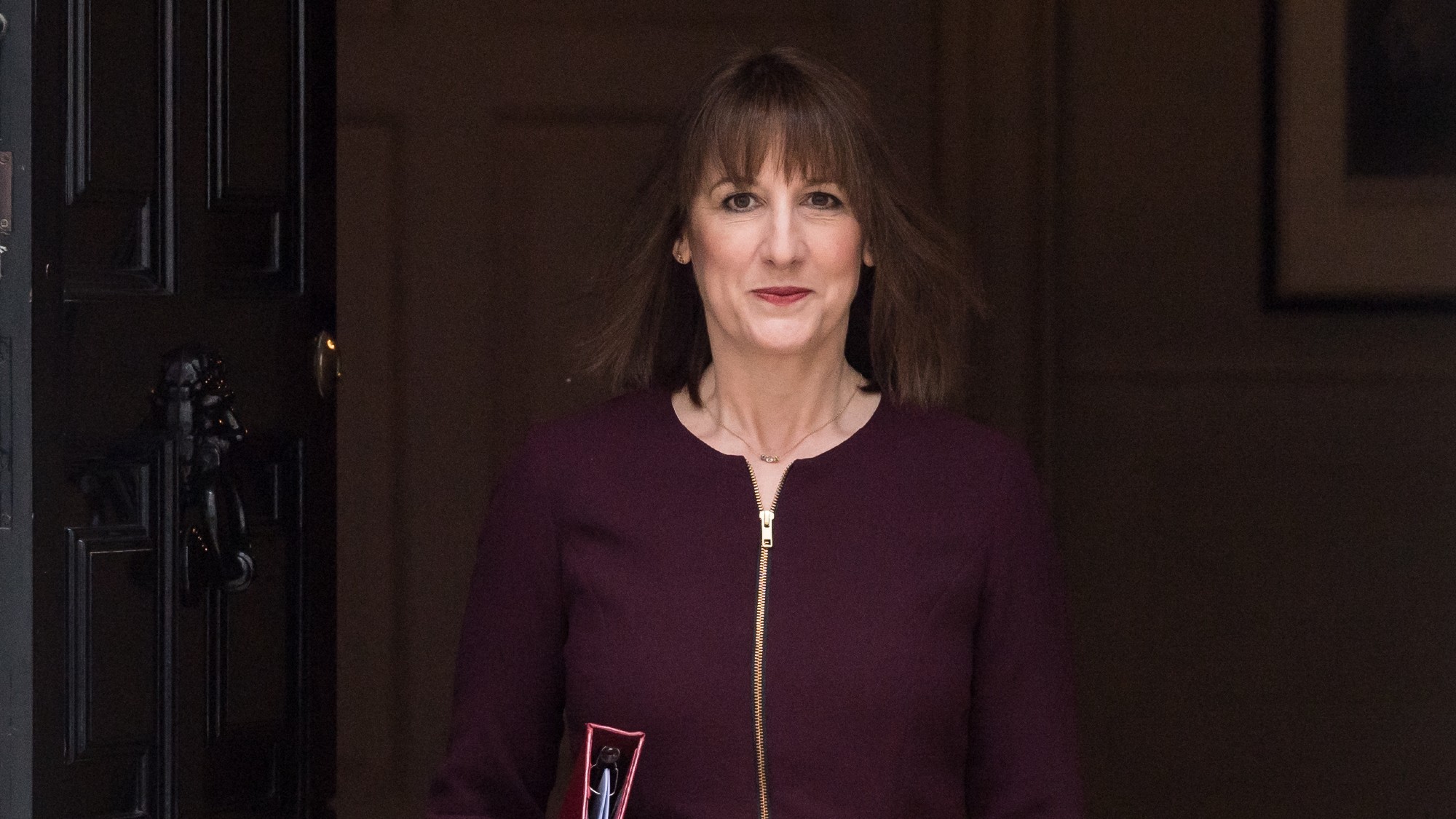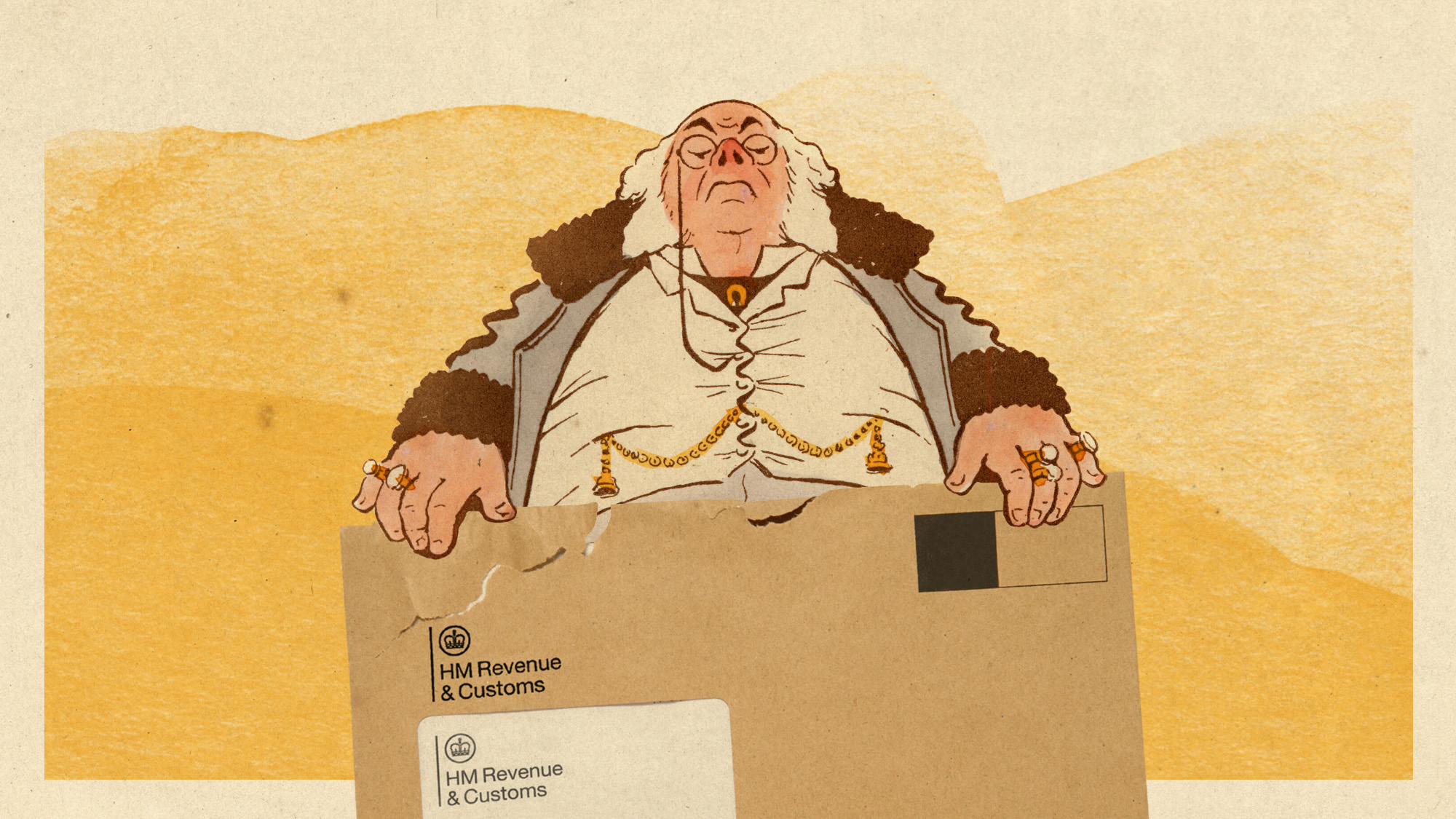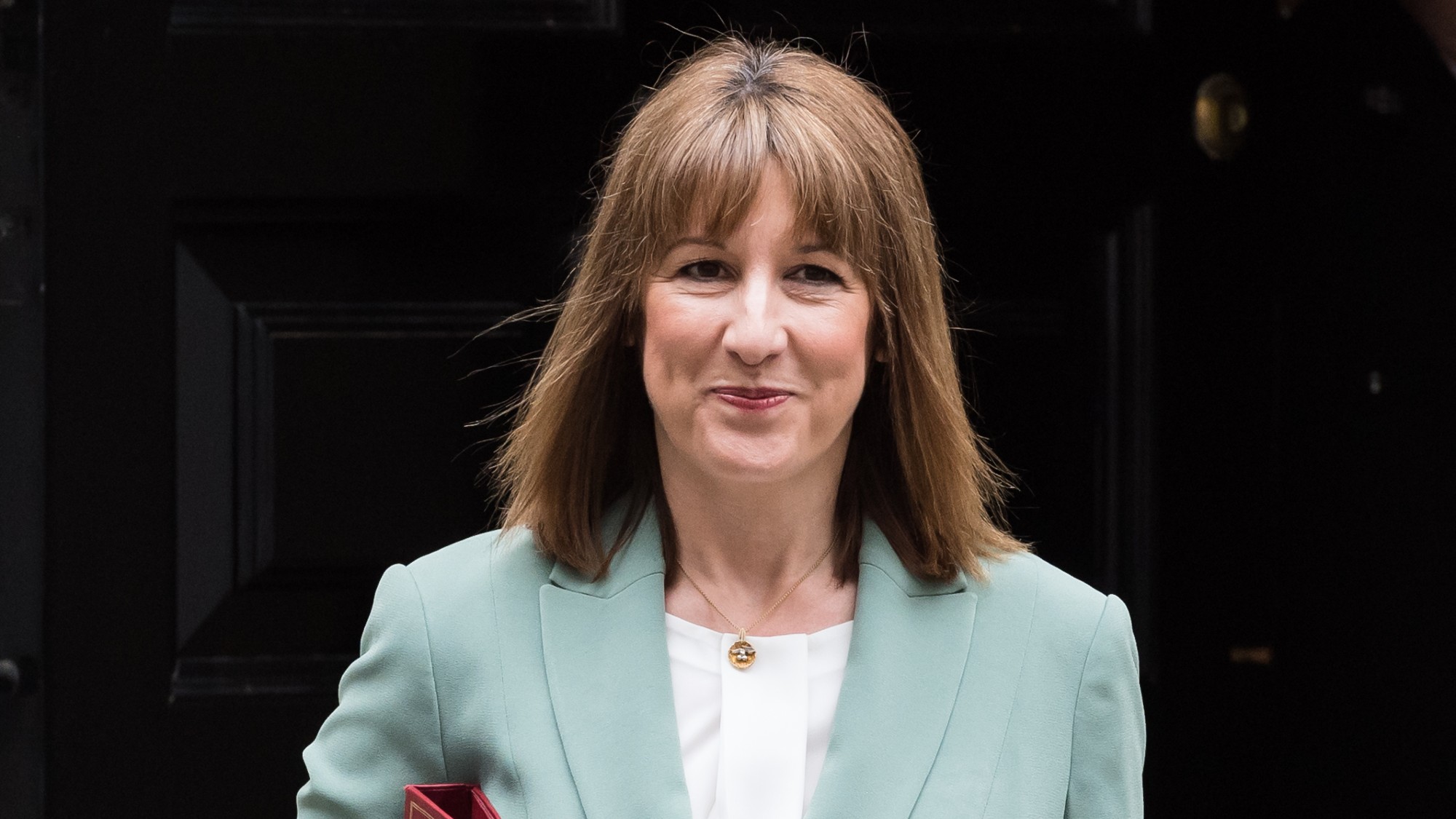Does the OBR have too much power?
Independent forecaster was a 'once-gentle advisory organisation'. Has it now become the Treasury's 'puppet-master'?

A free daily email with the biggest news stories of the day – and the best features from TheWeek.com
You are now subscribed
Your newsletter sign-up was successful
Rachel Reeves' Spring Statement has once again thrown into question the role of the Office for Budget Responsibility (OBR), with claims that the quango holds too much sway over the UK's fiscal policy.
The "increasingly influential role of the OBR" was the "most remarkable" thing about the statement, said Michael Simmons in The Spectator. Reeves was forced to take "hasty decisions to restore a thin £9.9 billion 'headroom' needed for emergencies", said Alex Brummer in the Daily Mail. These include the "controversial" move to "slash Personal Independence Payments to disabled people". The OBR, a "once-gentle advisory organisation", has become the "puppet master".
What did the commentators say?
Part of the problem is that the media increasingly treat the OBR's forecasts "as if they are certain", said Dr Gerard Lyons at CapX. But "the margin of error on one-year-ahead growth is 0.5%". It is a concern then, "that the growing political need for an endorsement from the OBR may now be influencing policy".
The Week
Escape your echo chamber. Get the facts behind the news, plus analysis from multiple perspectives.

Sign up for The Week's Free Newsletters
From our morning news briefing to a weekly Good News Newsletter, get the best of The Week delivered directly to your inbox.
From our morning news briefing to a weekly Good News Newsletter, get the best of The Week delivered directly to your inbox.
One backbench Labour MP told PoliticsHome that the government "needs to do something about the OBR's remit and forecasting". It is "forcing elected politicians to follow its lead", in fear of "spooking the bond markets".
"The Truss budget showed the cost of ignoring" the OBR, said Theo Bertram, director of the Social Market Foundation thinktank. But the current "extremely strict adherence to rules" based on "micro-haggling" between the Treasury and the OBR over "unreliable forecasts" is "consequential and questionable".
The OBR is not too powerful, said Henry Hill at Conservative Home. It "has no more 'power' than do your bathroom scales". Neither of these can "issue commands" but "consulting either on a regular basis has a strong tendency to influence your behaviour".
The problems the OBR causes politicians is "very often because they lie to it and themselves", said Hill. "It is legally obliged to take the government at its word; if you continually tell it you will raise Fuel Duty the day after tomorrow, you will continually need to make fresh cuts" if you then don't.
A free daily email with the biggest news stories of the day – and the best features from TheWeek.com
What next?
But "what’s the alternative?" asks Adam Smith in The Telegraph. "Taking the impact of growth policies back in house to the Treasury" would see chancellors deciding "what boosts growth", rather than "have to prove what might to an independent body".
The OBR holds chancellors to account for their fiscal rules "to reassure the financial markets that the government's finances are sustainable", said The Independent's John Rentoul. It certainly "could be argued" that having "transparent rules" and "independently set benchmarks" is "more democratic than the alternative, which would be to have a politician say, 'I'm sure this will work, trust me'".
Jamie Timson is the UK news editor, curating The Week UK's daily morning newsletter and setting the agenda for the day's news output. He was first a member of the team from 2015 to 2019, progressing from intern to senior staff writer, and then rejoined in September 2022. As a founding panellist on “The Week Unwrapped” podcast, he has discussed politics, foreign affairs and conspiracy theories, sometimes separately, sometimes all at once. In between working at The Week, Jamie was a senior press officer at the Department for Transport, with a penchant for crisis communications, working on Brexit, the response to Covid-19 and HS2, among others.
-
 Quentin Deranque: a student’s death energizes the French far right
Quentin Deranque: a student’s death energizes the French far rightIN THE SPOTLIGHT Reactions to the violent killing of an ultra-conservative activist offer a glimpse at the culture wars roiling France ahead of next year’s elections.
-
 Secured vs. unsecured loans: how do they differ and which is better?
Secured vs. unsecured loans: how do they differ and which is better?the explainer They are distinguished by the level of risk and the inclusion of collateral
-
 ‘States that set ambitious climate targets are already feeling the tension’
‘States that set ambitious climate targets are already feeling the tension’Instant Opinion Opinion, comment and editorials of the day
-
 Is the UK headed for recession?
Is the UK headed for recession?Today’s Big Question Sluggish growth and rising unemployment are ringing alarm bells for economists
-
 Can Nigel Farage and Reform balance the books?
Can Nigel Farage and Reform balance the books?Today's Big Question Nigel Farage has, for the first time, ‘articulated something resembling a fiscal rule’ that he hopes will win over voters and the markets
-
 Should Labour break manifesto pledge and raise taxes?
Should Labour break manifesto pledge and raise taxes?Today's Big Question There are ‘powerful’ fiscal arguments for an income tax rise but it could mean ‘game over’ for the government
-
 Autumn Budget: will Rachel Reeves raid the rich?
Autumn Budget: will Rachel Reeves raid the rich?Talking Point To fill Britain’s financial black hole, the Chancellor will have to consider everything – except an income tax rise
-
 How is AI reshaping the economy?
How is AI reshaping the economy?Today's Big Question Big Tech is now 'propping up the US economy'
-
 Pros and cons of a wealth tax
Pros and cons of a wealth taxPros and Cons Raising revenue and tackling inequality vs. the risk of capital flight and reduced competitiveness
-
 Is Rachel Reeves going soft on non-doms?
Is Rachel Reeves going soft on non-doms?Today's Big Question Chancellor is reportedly considering reversing controversial 40% inheritance tax on global assets of non-doms, after allegations of 'exodus' of rich people
-
 Who would win in a China-US trade war?
Who would win in a China-US trade war?Today's Big Question Tariff pain will be higher for China but Beijing is betting it can weather the storm